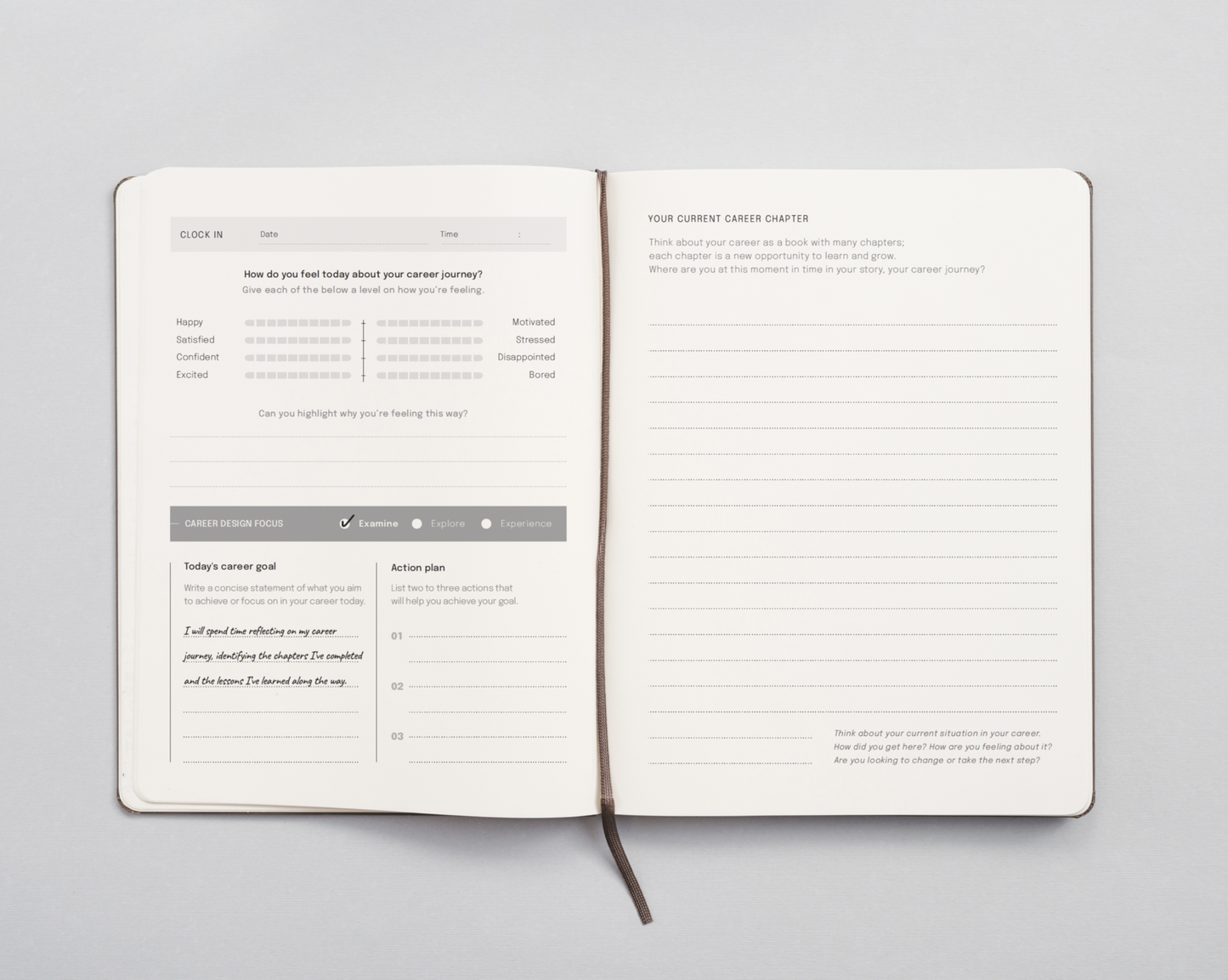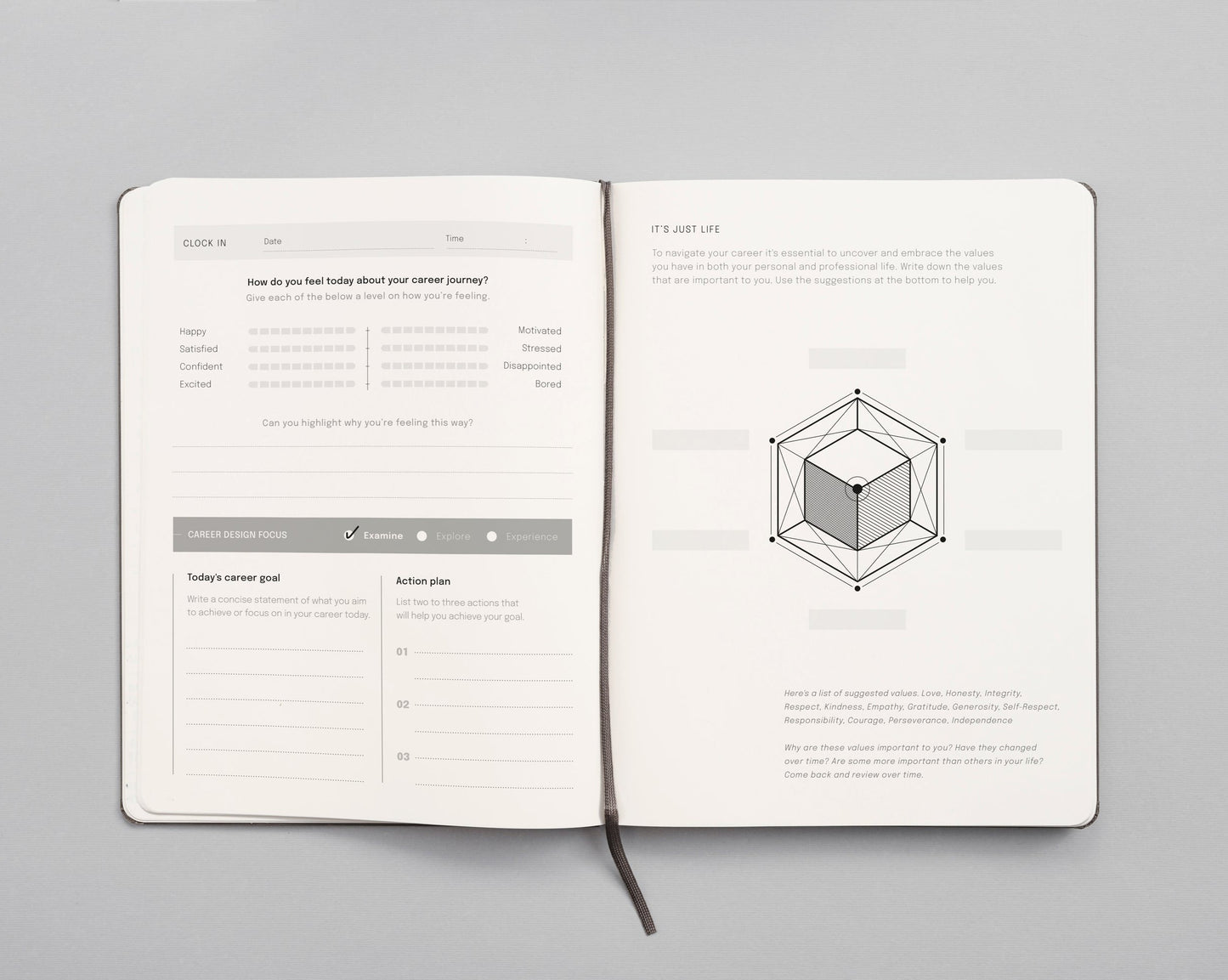More than just to-do lists: how journaling can boost your productivity
2-min read
In today's fast-paced world, it can be difficult to stay productive and on top of our goals. We are constantly bombarded with information and distractions, making it easy to feel overwhelmed and stressed. One effective way to increase productivity is through journaling.
Journaling is often associated with personal reflection and emotional expression. However, it can also be a powerful tool for boosting productivity. By taking the time to write down our thoughts and goals, we can gain clarity, focus, and motivation.
The power of habits
Habits are automatic behaviors that we perform without much thought. They can be positive or negative, but they all have one thing in common: they are formed over time. Once a habit is established, it becomes difficult to break.
This is where journaling can come in handy. By writing down our goals and tracking our progress, we can develop positive habits that support our productivity. For example, if we want to start waking up earlier, we can write down our goal and track our progress each day. Over time, this will help us form the habit of waking up early.
Daily and weekly goals
When it comes to journaling for productivity, it is important to focus on both daily and weekly goals. Daily goals are specific tasks that you want to accomplish each day. Weekly goals are broader objectives that you want to achieve over the course of the week.
By setting both daily and weekly goals, you can stay focused and motivated. Daily goals help you break down larger tasks into smaller, more manageable steps. Weekly goals give you a sense of direction and help you stay on track towards your long-term objectives.
Journaling tips for productivity
Here are some tips for using journaling to boost your productivity:
- Start by writing down your goals. What do you want to achieve? What are your priorities?
- Break down your goals into smaller, more manageable steps. This will help you stay focused and motivated.
- Track your progress. This will help you see how far you have come and identify areas where you need to improve.
- Reflect on your day. Take some time each day to reflect on your accomplishments and challenges.
- Use journaling as a brainstorming tool. If you are feeling stuck, try writing down your thoughts and ideas.
- Be consistent. The key to forming new habits is consistency. Try to journal every day, even if it is just for a few minutes.
Journaling is a simple but effective way to boost your productivity. By taking the time to write down your goals and track your progress, you can develop positive habits that will help you achieve your objectives. So, if you are looking for a way to increase your productivity and reduce stress, give journaling a try.








